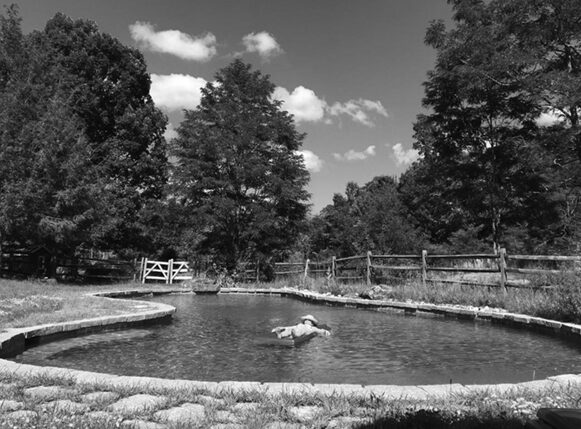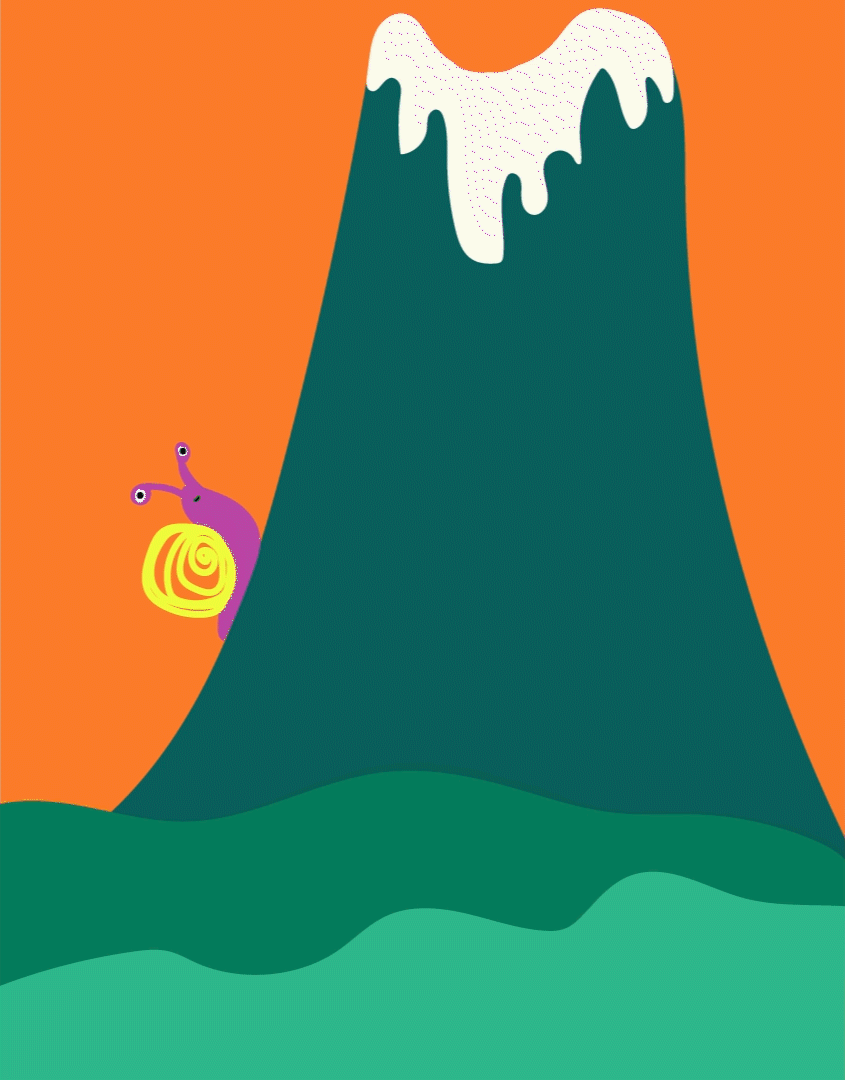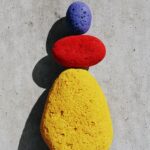
When water doesn’t move, it becomes a pool of stale toxins and bacteria. That is precisely the nature of emotion: If it doesn’t move, if we don’t honor the beginning, middle, and end of all of our emotions, our psychic landscapes become stuck, repressed, and toxic. Emotions are meant to flow untethered within and out of our bodies. Unprocessed emotion simply fails to metabolize, and what was once water becomes calcified matter in our jaws, stomachs, chests, necks, backs, and organs. We experience conditions such as chronic anxiety, rage, depression, and a host of physiological symptoms such as hormonal imbalances, digestive issues, TMJ, and back pain. When this happens, we must intervene.
There is no joy in believing you “shouldn’t” ever get angry. There is no peace when you “should” be happy. There is no self worth when you harbor the shame of your secrets. We are being crushed by the weight of the expectation of ourselves—of who we’ve been conditioned and programmed to believe we are “supposed” to be and who we could never be in order to be worthy. And so the great paradox is that in our efforts to avoid emotional pain, we’ve become increasingly adept at shelving our tough emotions.
So what is the antidote? Surrender. Which is only made possible by deciding to let go, over and over again. Letting go is a practice that begins with the acknowledgment of our fear. The ultimate fear we all share is the terror of not being enough. Not good enough, smart enough, rich enough, hot enough, young enough, old enough, funny enough, savvy enough, and so on. This fear is the chokehold on our ability to master our emotions.
Our fear of not being enough is the driving force behind all our impulses to control everything and everyone. It’s what blocks our momentum and traps us inside of ourselves. It prevents us from connecting to our hearts. Fear fosters the addiction to certainty and our rejection of the unknown. Fear robs us of orgasm. It tightens our tissues and our breath. We do not feel happy or at peace with tense bodies and shallow breath. Nor is this state conducive to experiencing deep, passionate, and connected sex.
We do not feel happy or at peace with tense bodies and shallow breath. Nor is this state conducive to experiencing deep, passionate, and connected sex.
No one has ever felt truly alive and blocked at the same time. To metabolize difficult emotion is to feel fully with your whole body. To allow the heat of your anger to rise, to allow the weight of your sadness to drape over you, and the tension of your fear to grip. But don’t hold on to them. Don’t imprison them with your thoughts, beliefs, stories, and expectations. Instead, really feel the worry that someone you love may leave you. Feel the terror of not having enough, or of not being enough. When something keeps you up at night, acknowledge what loss you are desperately trying to prevent from happening. Write it down. Identify exactly what pain you are trying to avoid. And then locate where you feel the emotion in your body—because if we want to feel better we have to connect with our bodies. Start there. Start with the physical sensations of your emotional experience and address them with your breath. With a stretch of your arms or a walk. When you strip away all the worry, angst, frustration, and tension, what you’ll find at the core of it all is your raw vulnerability. We must be able to sit with that. With the not knowing what comes next. With the uncertainty of it all.
Suffering is the addiction to comfort and stability.
Our most primitive instinct is to be safe, and to deny our need for safety is completely inefficient. Safety is the most valuable offering of a parent to child, of a man to his lover, and of a woman to hers. But so often we are too afraid to fly. “I am stuck”, we say, even though there is nothing tangible that tethers us to our nests. In our self-inflicted paralysis we stay bound to the familiar (including our problems), comforted by our routines. Every so often we look up and see a world beyond our vesicle—an entire cosmos that holds layers and layers of experiences, smells, flavors, and colors. But the shackles of our insecurities are too strong. This is the great debate that lives in all of us, in some way or another.
We’ve been told to master our minds so that we can move closer to peace. This is because our brain has not evolved in 2 million years, and it was not designed to make us happy. It was designed to keep us out of danger and solve riddles. In other words, our mind is our survival software coded to always be looking for what is wrong, so it can overcome it. Our heart tells another tale: It is the strongest force in our bodies and controls most of our immune system. It pumps blood and oxygen to our other organs, and, as an endocrine organ, it produces hormones that keep us alive and healthy
The heart is the first organ to develop in a fetus—not the brain. It beats without us telling it to, even while we sleep. It generates the largest electromagnetic field in the body, sixty times greater than our brain’s. It is the emperor of all our organs because as long as it is alive, we are alive. Our heart, therefore, is the ticket to life. Perhaps in order to master our psychology we must learn how to become the master of our heart. Not the other way around.
If we want to feel more of life course through our veins, we have to—despite our upbringing, despite our past, despite our shortcomings both physically and mentally—commit ourselves to the expressions of our creativity. To identify what makes us come alive, and to say yes more often to new experiences. To the fresher parts of ourselves. To not rot when we can be ripe. We have to consistently ask ourselves: “What turns me on?”
Every time I have worked with someone who felt disconnected from their partner, it began with a disconnection to themselves. My job, then, is simply to guide them back to that which makes their unique heart beat stronger. When two people in a relationship make a habit of returning to their hearts every time stress leads them astray, they will find their way back to each other, more fully connected.
Energy = curiosity for your life.
Your relationship with your erotic self is the relationship you have with your potential. A curiosity about your own life, a willingness to explore new things, to rediscover the lost parts of yourselves in the process. It might mean you need to slow down and explore your femininity through connecting with yourself and others. It could mean taking greater risks in your career. It could also mean traveling, dancing, running, seeing, doing, being—not doing.
When you engage with your life— exploring and saturating yourself with experiences that light up your heart—you not only awaken a core part of your creative and erotic being, you also create the habitat in which more empowering emotions can live. When you are engaged with life, you are in your body. Your body is your element; it doesn’t matter how you get there. It could be from an epic bath, or from a monumental achievement at work. The pathway is personal. The result is always living in greater flow. More water, less stone.
Jillian Turecki is a relationship expert, yoga teacher, and writer. Under the masterful guidance of Tony Robbins and Cloé Madanes, Jillian is certified by the Robbins Madanes Center for Strategic Intervention, known for employing innovative strategic solutions to the most pervasive problems. Jillian has studied the body for twenty years and teaches students and clients how to connect to theirs in order to transform their emotional lives and relationships.





